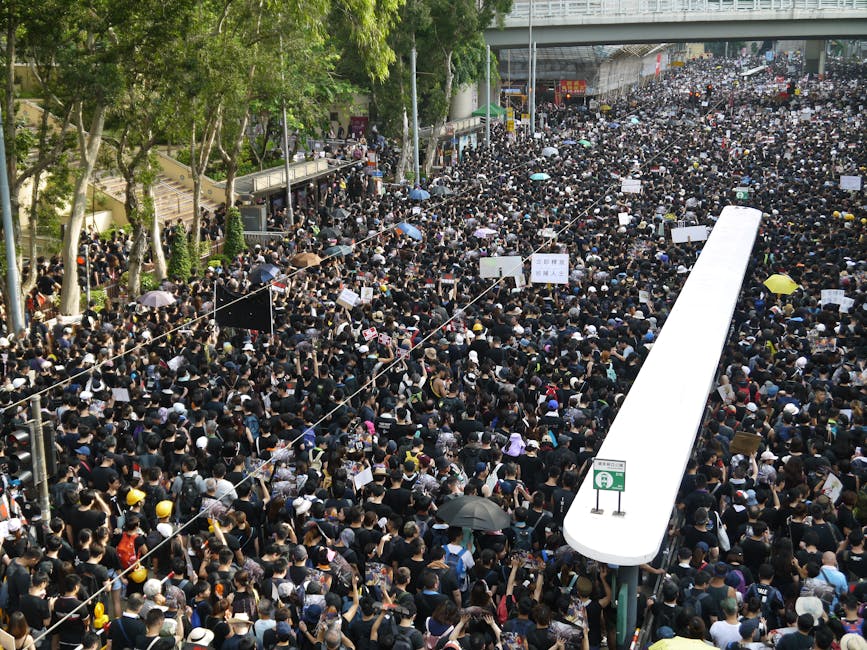High-Voltage Drama Unfolds at Lalu Yadav’s Residence
Patna: The gates of 10, Circular Road—the nerve centre of RJD politics and residence of party patriarch Lalu Prasad Yadav—became the stage for high-voltage political drama today. In a poignant public display of dissent, RJD worker Usha Devi launched a protest outside Lalu Yadav’s residence after being denied an assembly ticket, claiming she was betrayed by the party she has served for decades.
The scene was charged with emotion as a visibly distressed Usha Devi, surrounded by a handful of supporters, made her grievances loud and clear. Her sit-in protest, or dharna, was not just a political manoeuvre; it was a raw outpour from a grassroots worker who felt her years of loyalty had been unceremoniously dismissed.
“Is This the Reward for My Dedication?”
With tears in her eyes, Usha Devi directly challenged the party leadership’s decision. “I have given my blood and sweat to this party,” she told reporters who had gathered at the scene. “I have worked tirelessly in the constituency, mobilising people and carrying the RJD flag when no one else would. Is this the reward for my years of dedication?”
Her accusations strike at a common dilemma in Indian politics: the conflict between rewarding long-serving party loyalists and the cold calculus of electoral ‘winnability’. Devi questioned why a ticket would be given “to an outsider or someone with deeper pockets, while foot soldiers like me are left in the lurch.”
A Public Relations Challenge for the RJD
While the party leadership, now primarily steered by Tejashwi Yadav, has not issued an official statement on the protest, this incident poses a significant public relations challenge. The image of a dedicated female worker crying foul outside the supreme leader’s house is powerful and risks demoralising the party’s cadre at a crucial electoral time. It feeds into a narrative that opponents often exploit—that established parties neglect their ground-level workers in favour of dynasts or powerful newcomers.
Sources within the RJD suggest that ticket distribution is a complex process. Factors like caste arithmetic, local influence, resource mobilisation, and alliance compulsions often force the high command to make tough and frequently unpopular decisions.
The Human Cost of Electoral Strategy
As Tejashwi Yadav attempts to modernise the party and broaden its appeal, he faces the challenge of balancing the expectations of the old guard with new political realities. Every ticket denied to a veteran to accommodate a new face risks creating internal dissent.
Usha Devi‘s protest serves as a potent symbol of the thousands of faceless party workers whose ambitions are often sacrificed at the altar of electoral strategy. Whether her voice will be heard within the RJD‘s corridors of power or simply fade away is yet to be seen. But for a few hours today, she forced the leadership to confront the human cost of its political decisions, right on its very doorstep.




